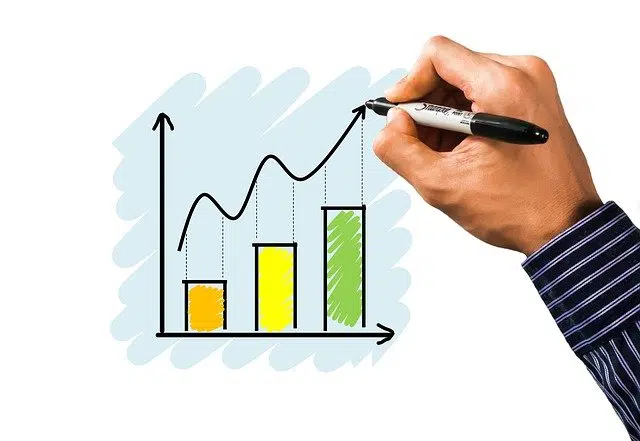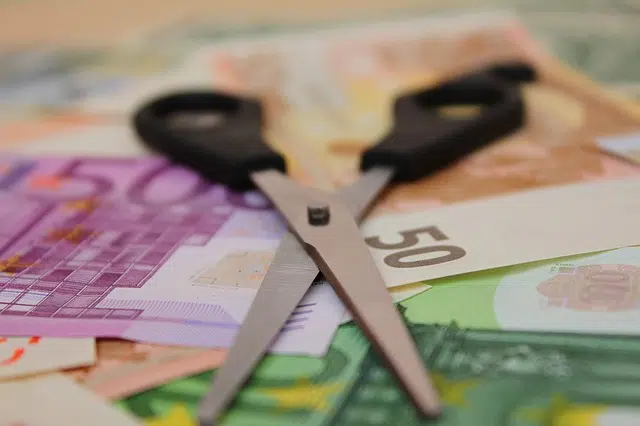
Inflation is the sustained increase in prices.
From the Latin inflatio , the term inflation refers to the action and effect of inflating . The most common use of the concept has an economic meaning: inflation is, in this case, the sustained rise in prices that has negative effects on the economy of a country.
This means that, with inflation, the prices of goods and services rise, which generates a drop in purchasing power. For example: a worker used to buy 30 kilograms of food with his salary of 1,000 pesos. A few months later, given the existing inflation, that same salary allows him to buy just 10 kilos of food.
Causes of inflation
This phenomenon can originate for very different reasons; Let's look at three cases below:
* demand inflation occurs when general demand increases and the productive sector is not in a position to adapt its supply, which causes prices to rise;
* Cost inflation , for its part, appears when producers' costs increase (whether for labor, raw materials or taxes) and they, to maintain profits , pass the increase on to prices;
* Self-constructed inflation , finally, occurs when producers foresee price increases in the future and decide to anticipate with an adjustment in their current behavior.
Classification according to the type of increase
Likewise, there are various types of inflation, such as:
* moderate inflation : prices rise gradually;
* rampant inflation : prices rise at a two or three-digit rate in a year;
* hyperinflation : the rise in prices can reach 1000% annually, reflecting a serious economic crisis that causes a country's money to lose its value.

People's purchasing power is affected when there is inflation.
Positive consequences of inflation
Although this term usually evokes times of economic crisis and desperation on the part of citizens in the face of seemingly unstoppable increases in prices, inflation also brings a series of positive phenomena.
According to Keynesianism (an economic theory), nominal wages take less time to increase than to adjust downwards; When these are overvalued, this particularity can lead to a long-lasting imbalance, which results in a large percentage of unemployment. Taking into account that inflation would not exceed real wages if nominal wages did not change, Keynesians assure that, to a certain extent, inflation can help labor markets balance more quickly .
One of the most common means of controlling the money supply is the possibility of establishing a fixed discount rate , which banks must use to request a loan from the central bank; On the other hand, open market operations can also be carried out, that is, the central bank intervenes in the bond market to impact nominal interest rates. When an economy is going through a crisis and sees a drop in its nominal interest, there comes a point at which the bank cannot reduce rates further, since they would become negative numbers, and this phenomenon is called a liquidity trap . Again, a certain degree of inflation usually ensures that these values do not approach zero, offering banking entities the possibility of reducing them when they need to.
As the history of certain countries demonstrates, a high degree of inflation can lead to rapid economic expansion. One of the reasons for this is that financial investments see their net profitability (obtained by subtracting inflation from nominal interest) decrease considerably, which makes non-financial investments more tempting. Furthermore, it is important to note that anti-inflationary measures have shown in more than one case to negatively affect the economy, as can be seen in the decline suffered by Brazil in 96 and South Africa in 94.
